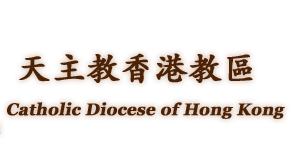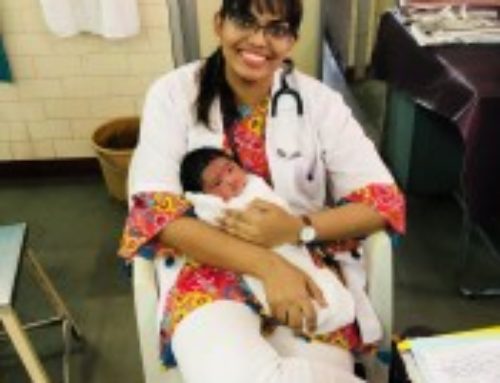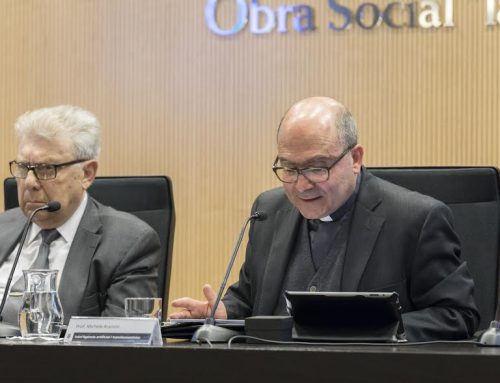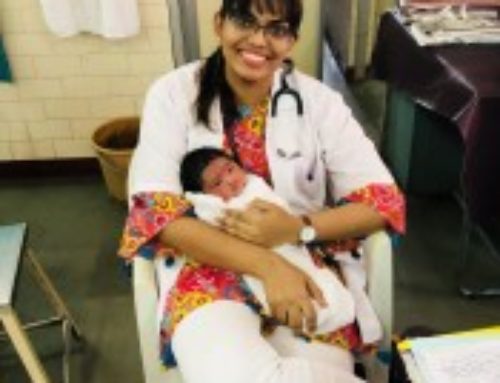Agenda

Canada: 2025 Conference
15/05/2025

Medical Student & Resident Boot Camp
30/05/2025

USA: Annual Conference 2025
15/07/2025

Tags
Abortion
Addiction
Advent
Alcohol
Alfie Evans
ALS
Alzheimer
Animal Life
Artificial Intelligence
Autism
Belgium
Blood Donation
Brasil
Buenos Aires
Canada
Casti Connubii
CCMF
CFCPS
CHAI
Charlie Gard
Children
Christmas
Compassion
Contraception
COVID-19
Culture
Death Penalty
Declaration of Faith
Down Syndrome
Drugs
Ebola
Elderly
Emmanuel Community
Euthanasia
Evangelisation
Evangelium Vitae
Faith & Science
Familiaris Consortio
FAO
FEAMC
Fertility Awareness
France
Gender
Hepatitis
HIV-AIDS
Holy Land
Homosexuality
Humanae Vitae
Human trafficking
Hunger
Hysterectomy
Integral Ecology
Ireland
Jubilee of the Sick
Laudato Si'
Leprosy
Malaria
Maria Valtorta
Marijuana
Maternal Healthcare
Med. Assisted Suicide
Mercy
Migration
Mission
Modern Slavery
Monaco
Mother Teresa
Natural Family Planning
Natural Law
Nature
NGO
Nigeria
Nobel Prize
Organ Donation
Palliative Care
Pandemic
Personalism
Pornography
Portugal
Poverty
Prayer
Prostitution
Rare deseases
Relativism
Rerum Novarum
Robots
Sacraments
Sacred Heart
SARS
Sedation
Sexual abuse
Social Teaching
Spirituality
Suicide
Surrogacy
Technology
Theology of the Body
Trafficking
Transhumanism
Ukraine
UN
UNESCO
University
Vegetative state
Vincent Lambert
Virtues
Visually handicapped
Vocation
WHO
WMA
World Youth Days
Zika






